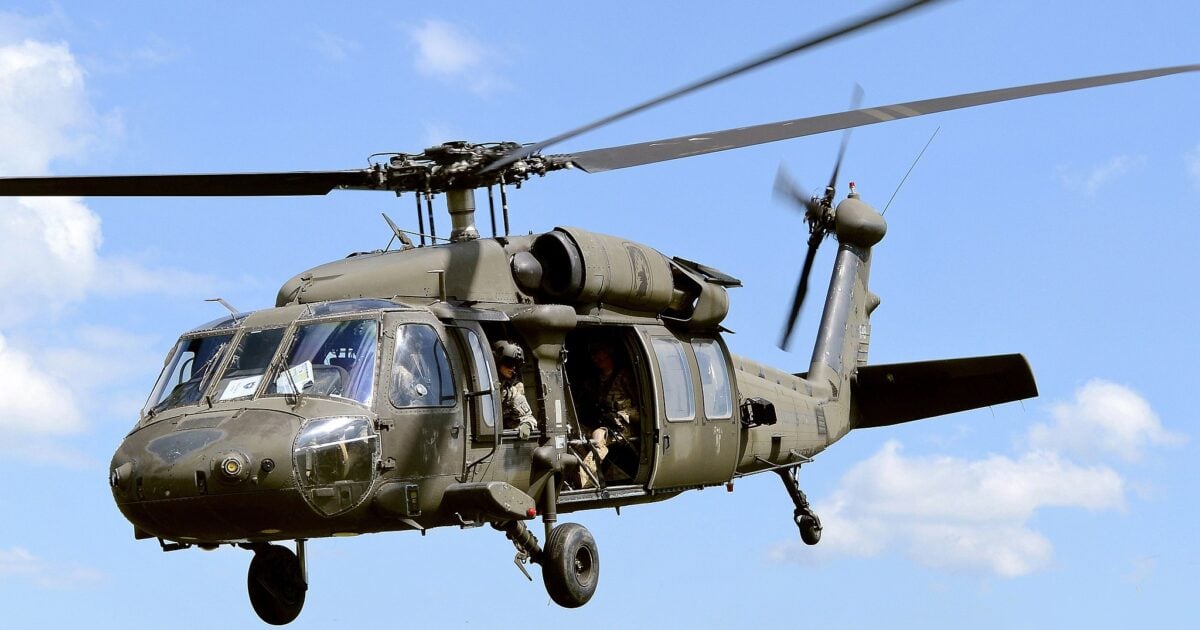

By fiscal year 2029, the U.S. Army plans to cut its force by 24,000 soldiers as part of a restructuring effort it purports will help prepare itself for future wars. The goal is to purge itself of a “largely unmanned ‘hollow’ force structure and build new formations equipped with new capabilities needed for large scale combat operations.” The result, it maintains, is “a high state of readiness.”
With the Army failing to meet its recruiting goals by 26,000 recruits in the previous two fiscal years, it also hopes to address its shortfalls and “build back its end strength.”
The Gateway Pundit spoke to Lt. Col. Darin Gaub (USA-Ret.), a former UH-60 Blackhawk pilot and co-founder of the nonprofit Restore Liberty. “There needs to be an honest conversation about how [the Army] is going to reduce by 24,000 while also falling short of its recruiting goals,” he suggested. “The issue then becomes, what kind of people is the Army short versus what kind of people are excess by specialty?”
Either way, he questions whether the restructuring will “truly focus on fighting and winning our nation’s wars or something else.” For example, is the Army maintaining positions to support Diversity, Equity, and Inclusion (DEI) training? In his opinion, “These are the kinds of positions that need to be dropped and turned into warfighting positions.”
“Critical functions [of the Army] could suffer by cutting a number like 24,000,” Gaub argued, lamenting that “[the number] is equivalent to four Army Brigade Combat Teams, or most of a Division [and] that’s a lot of combat power lost.”
With this in mind, Gaub said, “The Army must not cut key positions to its strength, while at the same time, push people into positions to pursue a woke agenda.”
According to an independent survey conducted by the author, 208 of 229 service members agreed that DEI training has taken away from training for combat readiness.
Cutting Aircraft
In December 2023, DefenseNews.com reported that the Army is also set to “trim” its UH-60 Black Hawk helicopter fleet by as many as 157 aircraft. By cutting aircraft from the fleet in the years ahead, the Army said it is preparing to replace the aircraft by the early 2030s.
Based on his experience as former aviation officer with 22 years of flying experience in the “very reliable” UH-60 Blackhawk helicopter, Gaub argued, “it’s not about the equipment; it’s about the people.” Considering the cutbacks soon to unfold, he said, “it feels intentional that they’re masking a people problem by giving an equipment excuse.”
An inside source assigned to an Army aviation brigade agreed with Gaub, telling The Gateway Pundit that “the Army is cutting the fleet because they don’t have the manpower to fly, maintain, and utilize many of them.”
In the previously mentioned survey, over 72 percent of the survey’s 229 participants said they are not trained enough to face a combat deployment. Additionally, 74 percent said they are not equipped enough to face a combat deployment.
To meet the demands of a combat deployment, Gaub said, “you would have to rob Peter to pay Paul to make a unit ready to go, and that’s what the Army has been doing for years.” As the force continues to “gut one unit to make another unit able to deploy,” it’s one of the things that adds to his concern whether the U.S. military could handle two major conflicts in the world simultaneously.
“To right the ship, the country needs to be doing the hard things right now or we as a nation have to be prepared to lose our country,” Gaub warned. “With the military, it starts with the commander-in-chief whose priority should be the military’s mission.”
“If we don’t get back to knowing what it means to actually train to fight and win wars that are necessary to our nation,” Gaub admitted that he fears “we will lose our nation.”
The post Amid Recruiting Shortfalls, the Army is Cutting Its Force by 24K to Make Itself Stronger appeared first on The Gateway Pundit.